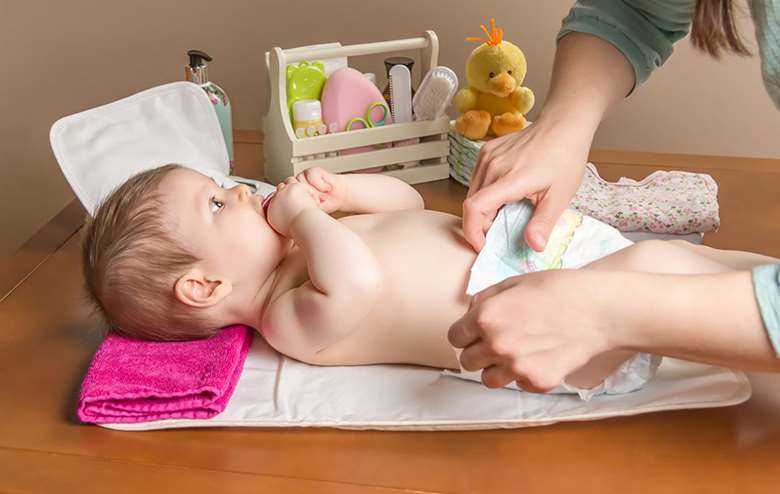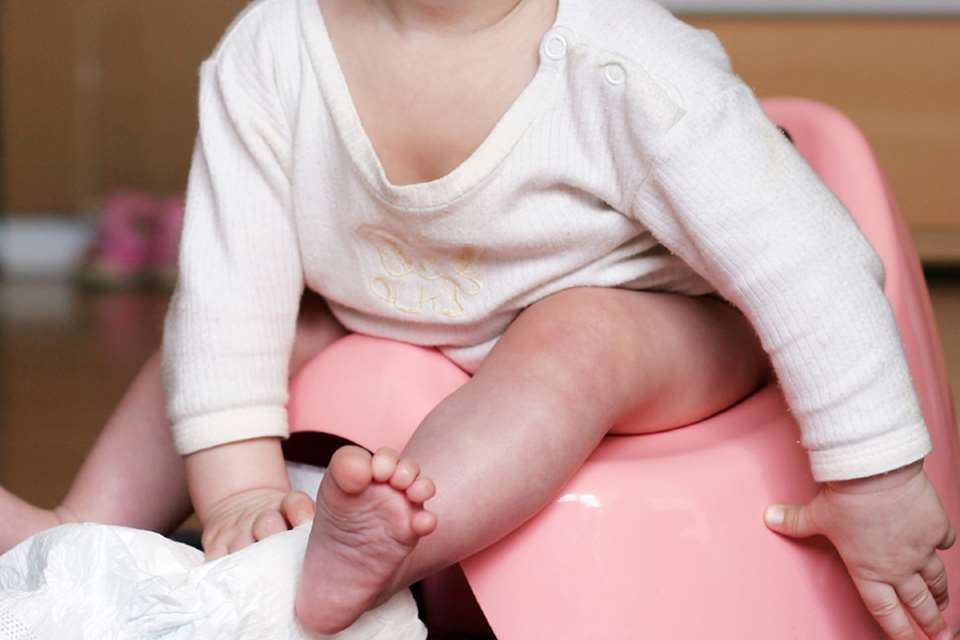Council U-turn over controversial nappy collection rules
Kathryn Ingham
Wednesday, September 28, 2016
Anglesey council has reversed plans to restrict nappy collection services to families with children under the age of three.

The waste management team at Anglesey Council had proposed new rules requiring parents to show their children’s birth certificates in order to qualify for a fortnightly nappy collection service.
Families that could not prove their child was below the age of three, would have been reliant on the standard household waste collection, which occurs every three weeks.
BBC news reported that the council’s decision was based on evidence that most children are potty trained between the age of two and three.
The council does have a separate collection service available for families with older children with health conditions. It is provided upon request from the relevant healthcare provider, via a prescribed application form.
The changes due to come into effect in October were widely criticised online with parents on twitter calling the plans ‘outrageous’ and some using the hashtag #nappygate.
However, the Ynys Môn (Anglesey) assembly member Plaid Cymru's Rhun ap Iorwerth said that after contacting the council he understands that the request for birth certificates will be dropped, and the age limit increased to four.
Commenting on his official website, Mr Iorwerth said ‘I have now received a positive response from them, showing that they have listened to our concerns.
‘They have now changed the policy to collect children’s nappies up to the age of four rather than three, and if there is a need for a longer period, then parents or guardians can let them know.
‘They’ve also confirmed even though they need to know the child’s age, they will not need a copy of the birth certificate. Thanks to everyone who contacted the office.’
The council confirmed to the BBC that it is reviewing its proposals.
Rhia Favero from ERIC, The Children's Bowel & Bladder Charity commented on the council’s original plans. ‘Children normally start showing signs of being ready to learn to use the potty around the age of two, but not all children are the same, some will be ready earlier and some later. Potty training can be tricky for some families and can take longer than the usual three months, especially if their child develops a bladder or bowel problem like a urinary infection or constipation.
‘Some children will still need nappies beyond age three, which is perfectly normal. I'm sure many families will be disappointed that the council has decided to cut off the nappy collection service at age three.
‘However, with teachers reporting that more children are starting school in nappies, the council's decision could encourage families to try to tackle potty training before school starts. To help families do this, they should be given information about how to spot the signs that their child is ready to learn and how to train them at their two-year development reviews and at nursery.’
Rise in children starting school not toilet trained
According to a survey by ERIC and the Association of Teachers and Lecturers (ATL), more children than ever are starting primary school without being toilet trained.
Seven hundred education staff working with children between the ages of three to seven responded to the survey with 70 per cent saying more children are now starting school without being toilet trained, compared to five years ago.
This increased to 100 per cent of staff working with children aged three to five.
Anecdotally, members generally felt this was due to children not being trained at home, before starting school, as well as the reliance on pull-up nappies.
Many members said they were concerned that the amount of time staff are having to spend dealing with a pupil who has a toileting incident means they have less time to spend with the rest of the class.
Dr Mary Bousted, general secretary of ATL, said, The majority of education staff have excessive workloads and are at breaking point, without the added pressure of having to deal with children who have had a toileting incident and having to take time out of the class to deal with them.
‘Schools should work collaboratively with parents to address and support any child that may need toilet training so that less disruption is caused during the school day. Schools also need to ensure that they provide staff with clear guidance on how to deal with both toileting incidents and the rising number of continence problems so that they know what is expected of them.’
Juliette Randall, chief executive of ERIC, said, ‘Supplying parents with information about potty training as part of their child’s two-year development reviews, and at nursery, should give them ample time to train their child and to inform the school if they won’t be trained in time, or if they develop a problem like constipation and soiling.’
‘Children who have continence conditions may need an individual health care plan. The plan details what support they will receive at school and who will be responsible for their care and helps schools manage regular wetting and soiling accidents.’
- ERIC's Guide to Potty Training can be downloaded here.





